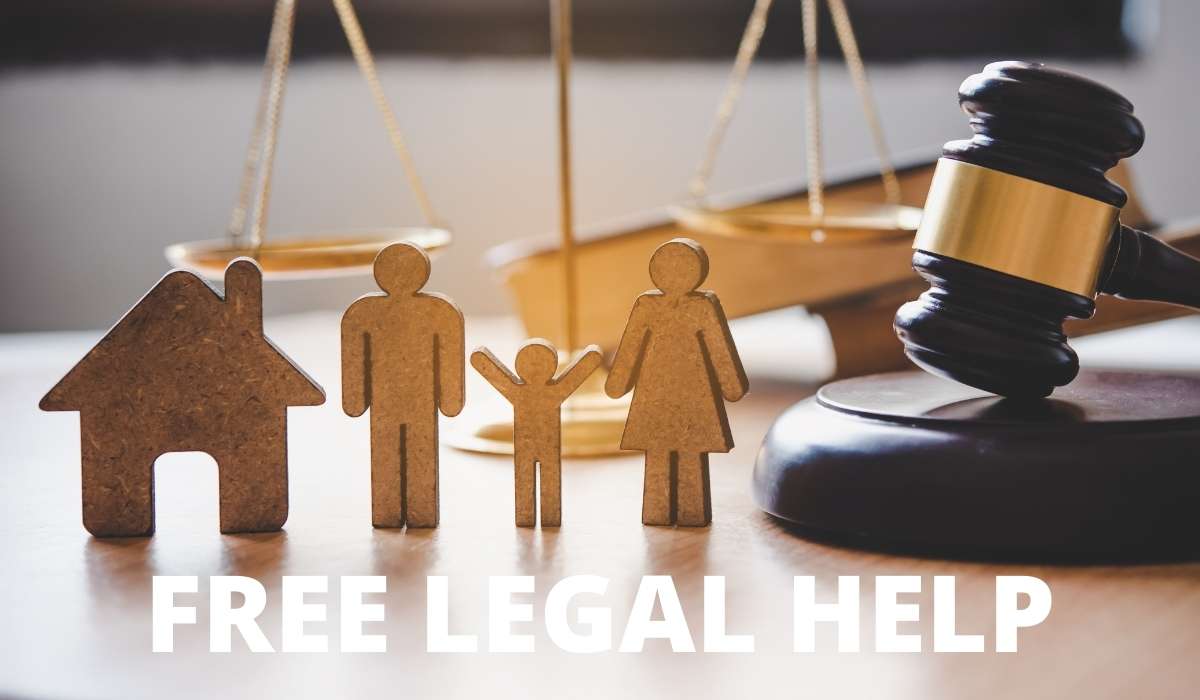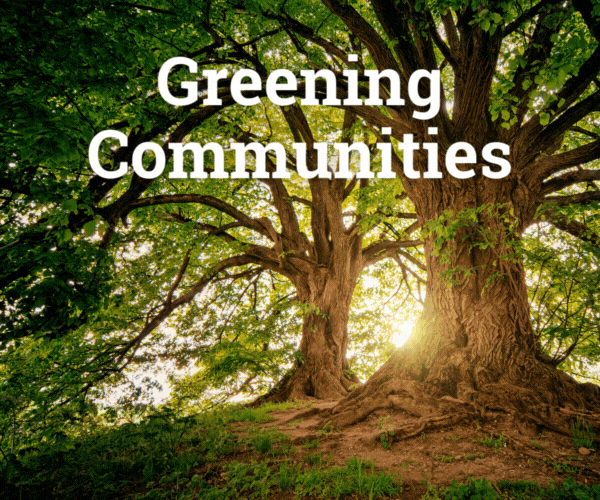Also available in Chinese, Korean, and Thai.
As the whole world struggles against the COVID-19 pandemic, the nonprofit Asian Americans Advancing Justice – Los Angeles is offering free, in-language legal help for Koreans, Chinese, Thai and Vietnamese in the Southern California Region trying to find or keep safe housing.
The program, the Housing Rights Legal Help Clinic, will provide free, personal legal help with housing and discrimination issues, either online or over the phone, with attorneys fluent in Thai, Korean, Chinese and Vietnamese, as well as English – vetted by Advancing Justice-LA and the Asian Pacific American Bar Association.
They’ll provide confidential help for low-income or limited-English proficient AANHPI community members dealing with landlord harassment, eviction, lease disputes or other issues.
“We know that limited-English proficient individuals are too often underserved, so we are here to keep them housed and protected during this tumultuous time,” Connie Chung Joe, the organization’s CEO, said.
“We want to find and fight racially discriminatory practices,” Supervising Attorney Charles Evans said.
After an initial phone interview to establish people’s language requirements and financial eligibility (based on federal standards for measuring poverty), callers will be given a clinic appointment. These are scheduled for the second Tuesday of every month – from 6 to 8 p.m. Depending on their needs, callers might also be referred to more appropriate help in-house or with a partner organization, Evans said.
For Chinese language help, call (800) 520-2356; for Korean: (800) 867-3640; for Tagalog: (855) 300-2552; for Thai: (800) 914-9583; for English or other languages: (888) 349-9695.
“Members of our community are working hard to keep and obtain essential safe housing,” Joe said.
“Every time (Donald Trump) referred to ‘the Wuhan virus,’ the ‘Chinese virus’ or the ‘Kung Flu,’” she said, “there would be a spike in reports of hate crimes.” But “even without that president, we’ve seen an underlying racist sentiment in this country.”
Although thousands of hate crimes against AANHPI community members have already been reported nationwide, she said, with a concentration of those in Southern California, when newer statistics come in, she said, “We expect a significant uptick.”
For the time being, an array of federal, state and local eviction moratoria have helped keep people housed and prevented racists from being able to act on animus toward Asians. Some of those protections expected to end Jan. 31 have now been extended, but, Evans said, “once they’re lifted, we anticipate a flood of activity.”
And in the meantime, the patchwork of varied rules, requirements and what different courts will accept make dispensing one-size-fits-all advice impossible, he said. So, he said, people should not hesitate to call the Advancing Justice-LA numbers for advice specific to their circumstances.
“We were expecting that most of the questions coming in would be pre-eviction issues with landlords – threats to take eviction actions in the near future,” Evans said. So far, those expectations have been proven correct, he said, as the program prepares for its first clinic session, on Feb. 9.
Among the problems reported so far have been failures to maintain properties, improper “notice to vacate” – eviction threats delivered verbally or by text messages, for instance, and threats of restraining orders against tenants without cause.
The clinics will be held on the second Tuesday of every month (Feb 9, March 9, April 13, May 11, June 8, July 13, Aug. 10, Sept. 14, Oct. 12, Nov. 9, and Dec. 14) from 6-8 p.m. PST, but appointments are only a phone call away.





